Regarding the accusation that Associate Professor Dr. Dinh Cong Huong sold a scientific research paper that was wrong about "scientific integrity", VTC News contacted a number of scientists to hear their opinions on the matter.
Sharing with VTC News, a scientist living and working in Ho Chi Minh City said that Mr. Huong was not wrong in posting an article about his research project, and that public opinion has no right to discuss right or wrong or to raise opinions about the phrase "scientific integrity" to hinder the intellectual development of a good scientist who has made many contributions to scientific research topics.
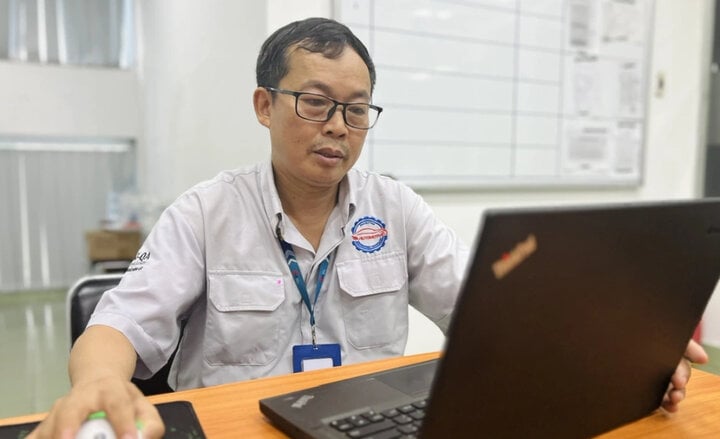
Associate Professor, Dr. Dinh Cong Huong. (Photo: HN)
According to this scientist, there is no concept of scientific integrity in legal or sub-legal documents. Scientific integrity is a phrase coined by researchers and said to each other. In fact, no document has a clear definition of the phrase scientific integrity.
In fact, there is an ethics board that reviews the ethics of scientists before they register to participate in research projects. However, many units skip this step and when invited to participate in a scientific research project, researchers must obtain permission from their management unit.
Scientific ethics is an important and fundamental issue in the field of scientific research, attracting the interest and attention not only of the scientific community but also of the whole society. However, what are the specific standards of scientific ethics is not easy to answer.
"Scientific ethical standards are summarized through 6 principles: Intellectual honesty, carefulness, intellectual freedom, openness - publicity, appropriate recognition of merit, and public responsibility," the scientist added.
According to this person, every industry and profession in society, especially those related to social security or affecting a large population, have standards of professional ethics.
Scientific activities in general and scientific research in particular have a great influence on society and people, so ethical standards play a very fundamental role for scientists.
"Ethical standards are not laws, but conventions or codes of conduct accepted by members of a profession as guidelines for the practice of the profession. These conventions permit, prohibit, or prescribe procedures for conduct in various situations.
In scientific activities, the two words "behavior" here include specialized areas such as experiments, testing, teaching and training, data analysis, data management, data sharing, publishing, presenting research to the public and financial management," the researcher said.
The scientist added that both Quy Nhon University and the University of Industry where Mr. Huong has worked and is working both commented that Mr. Huong has completed his tasks well during his time working at the school.
However, according to the Law on Civil Servants, Mr. Huong was wrong because he did not report to his working unit before implementing a new project with another unit.
In addition, in terms of scientific ethics, Mr. Huong was wrong in publishing scientific research products, because publishing affects the evaluation index of the units where Mr. Huong works.
Specifically, if Mr. Huong works at unit A, but is the research representative for unit B and does not name unit A, then by default the evaluation index of Mr. Huong's scientific research work will go to school B and not school A.
This would create a bad premise for competition between units in the same field. If Mr. Huong collaborated in writing scientific research papers and published them for units other than educational institutions, then Mr. Huong might not be wrong in terms of publication.
However, the publication of the article about the scientific research project occurred at the time he was a full-time lecturer at Quy Nhon University. Meanwhile, he signed a scientific research cooperation contract with Ton Duc Thang University and Thu Dau Mot University.
"Scientists often only focus on research, without thinking about procedures or standards for evaluating the indexes of educational institutions, so they just do and contribute their brainpower. In this story, we should take it as a lesson.
We should not analyze too clearly whether this story is right or wrong. I think this is also a lesson for Mr. Huong and scientific researchers. Besides, the educational institutions themselves need to have documents specifying this issue in more detail so that scientists can avoid "stumbling" into unfortunate incidents in the process of dedicating their brainpower," this scientist emphasized.
Previously, on October 31, a "report on scientific integrity violations by Associate Professor Dr. Dinh Cong Huong" was sent to the Nafosted Foundation's executive board, the Nafosted Foundation's Mathematics Council, and many agencies and scientists.
According to MathSciNet statistics (the online mathematics directory database of the American Mathematical Association), author Dinh Cong Huong has a total of 42 scientific research works, of which 13 works are under the name of Ton Duc Thang University and 4 works are under the name of Thu Dau Mot University.
His scientific articles published in journals from 2020 to 2022 did not list the address of his working unit as Quy Nhon University but listed the addresses of two other units.
According to scientists, it is "a manifestation of a serious violation of scientific integrity due to the purchase of international articles for emerging universities".
Lam Ngoc
Source






![[Photo] Visiting Cu Chi Tunnels - a heroic underground feat](https://vstatic.vietnam.vn/vietnam/resource/IMAGE/2025/4/8/06cb489403514b878768dd7262daba0b)



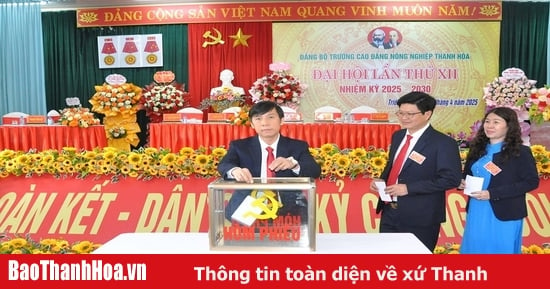

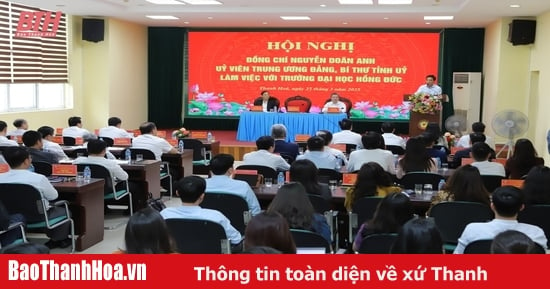
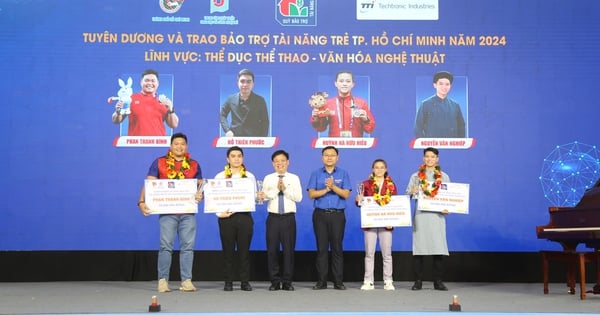

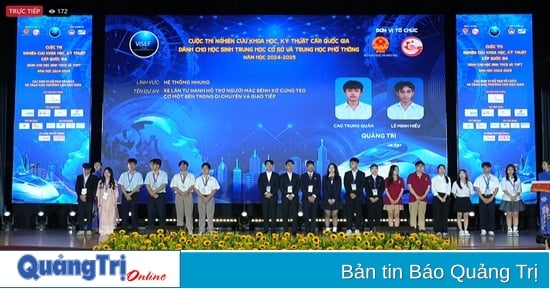
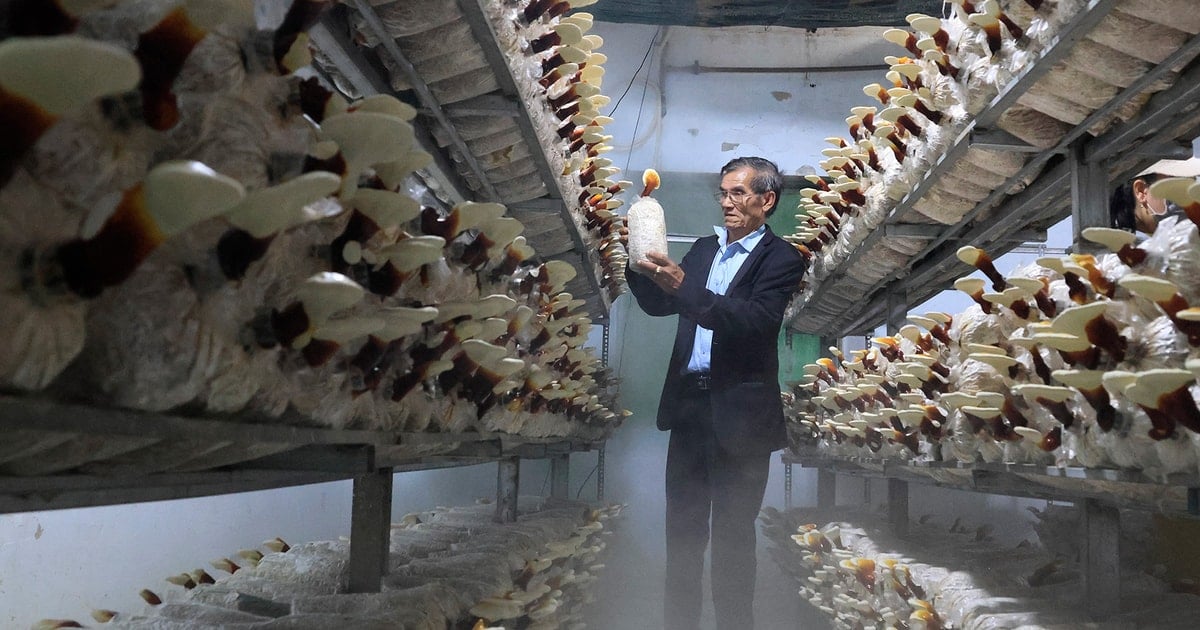
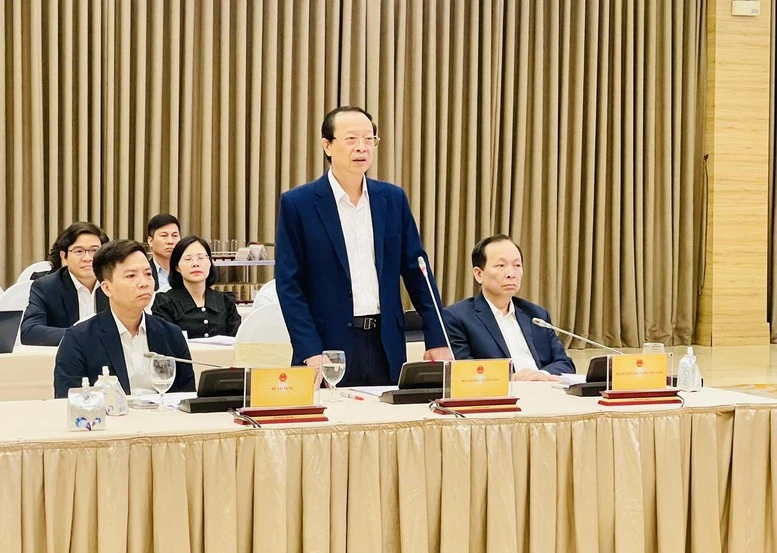
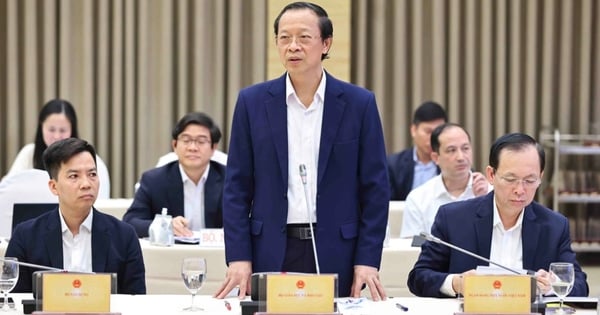
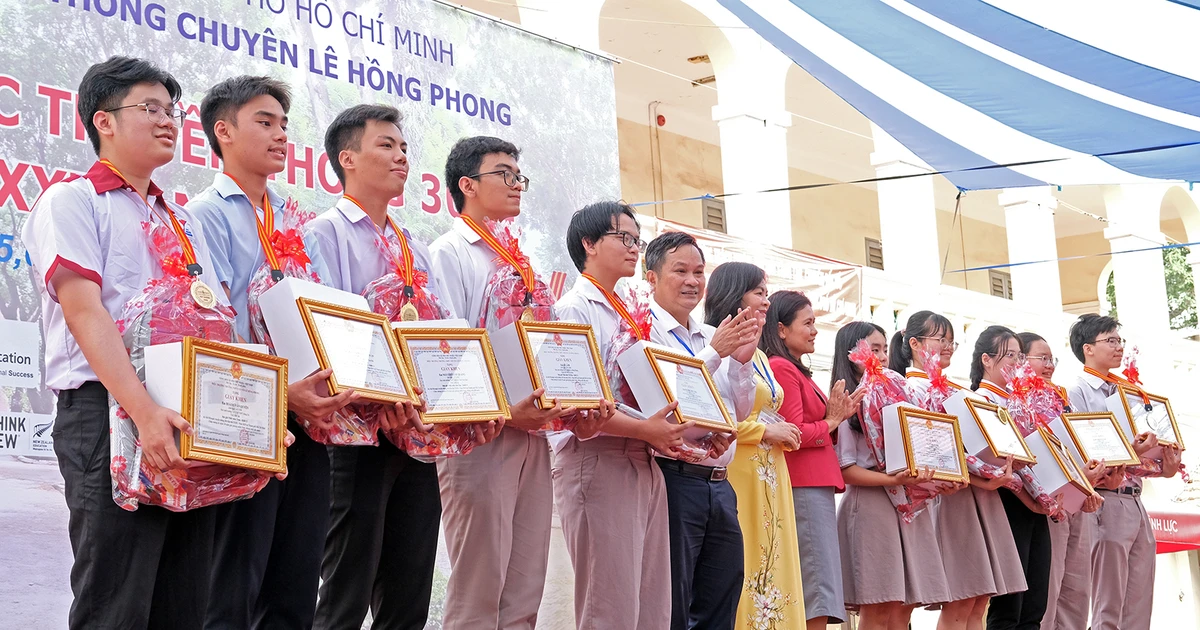
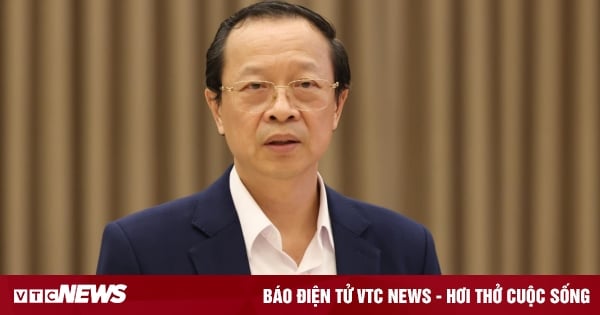
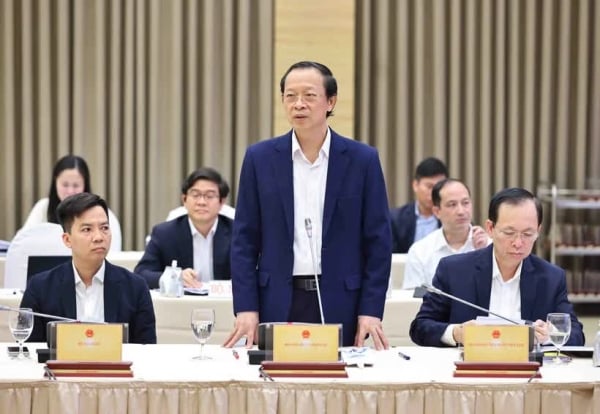





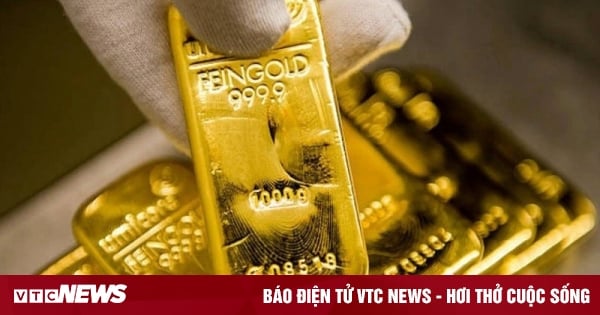

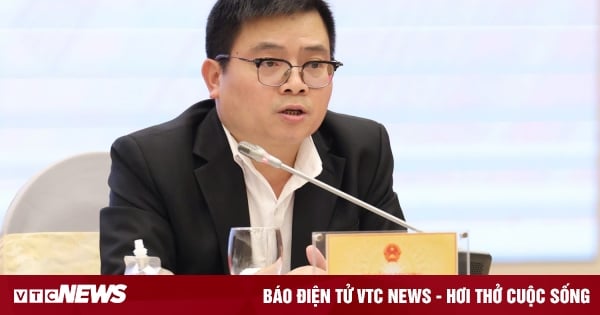



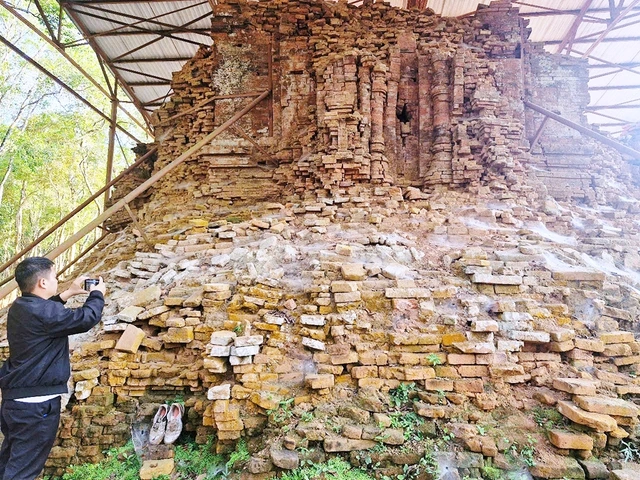






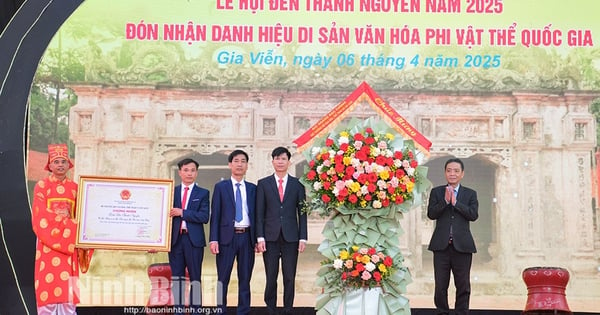
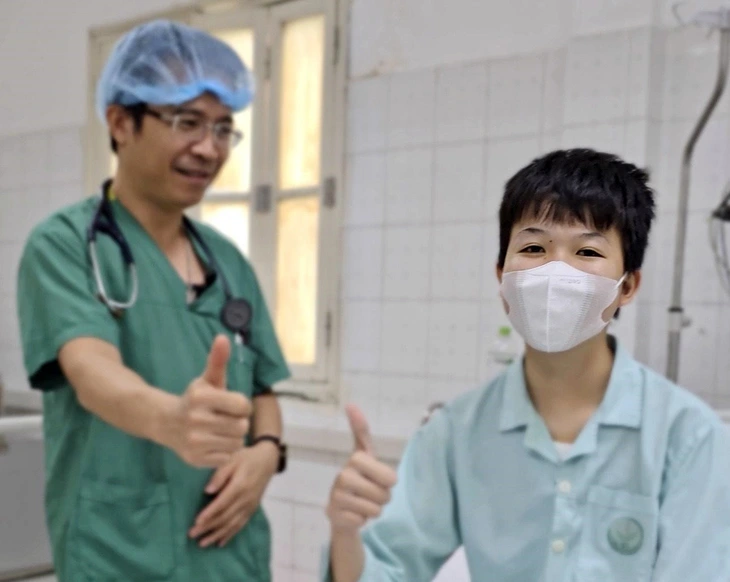

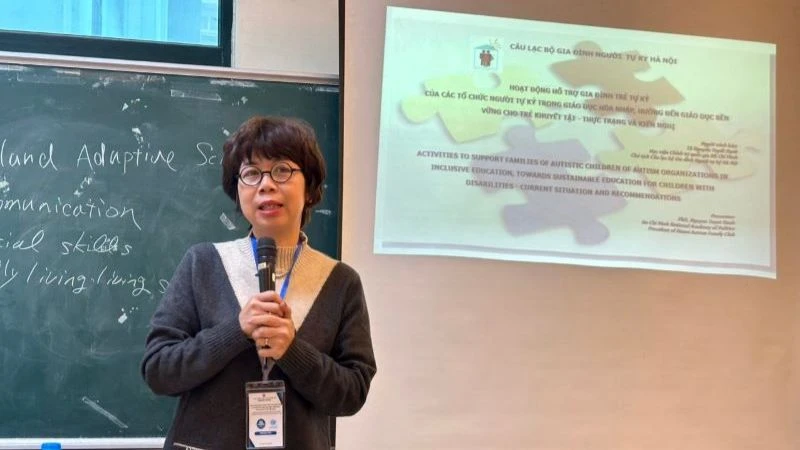














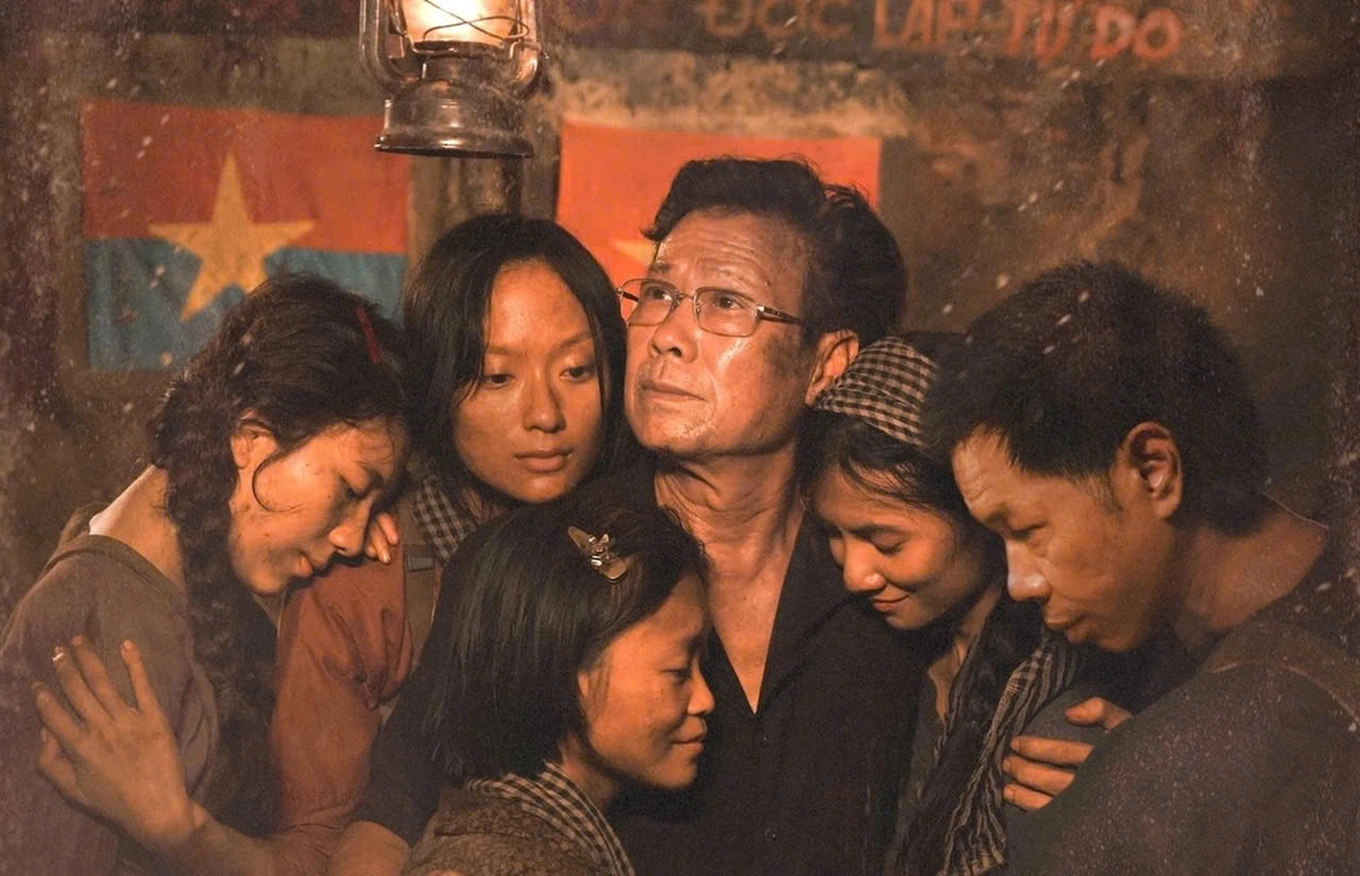
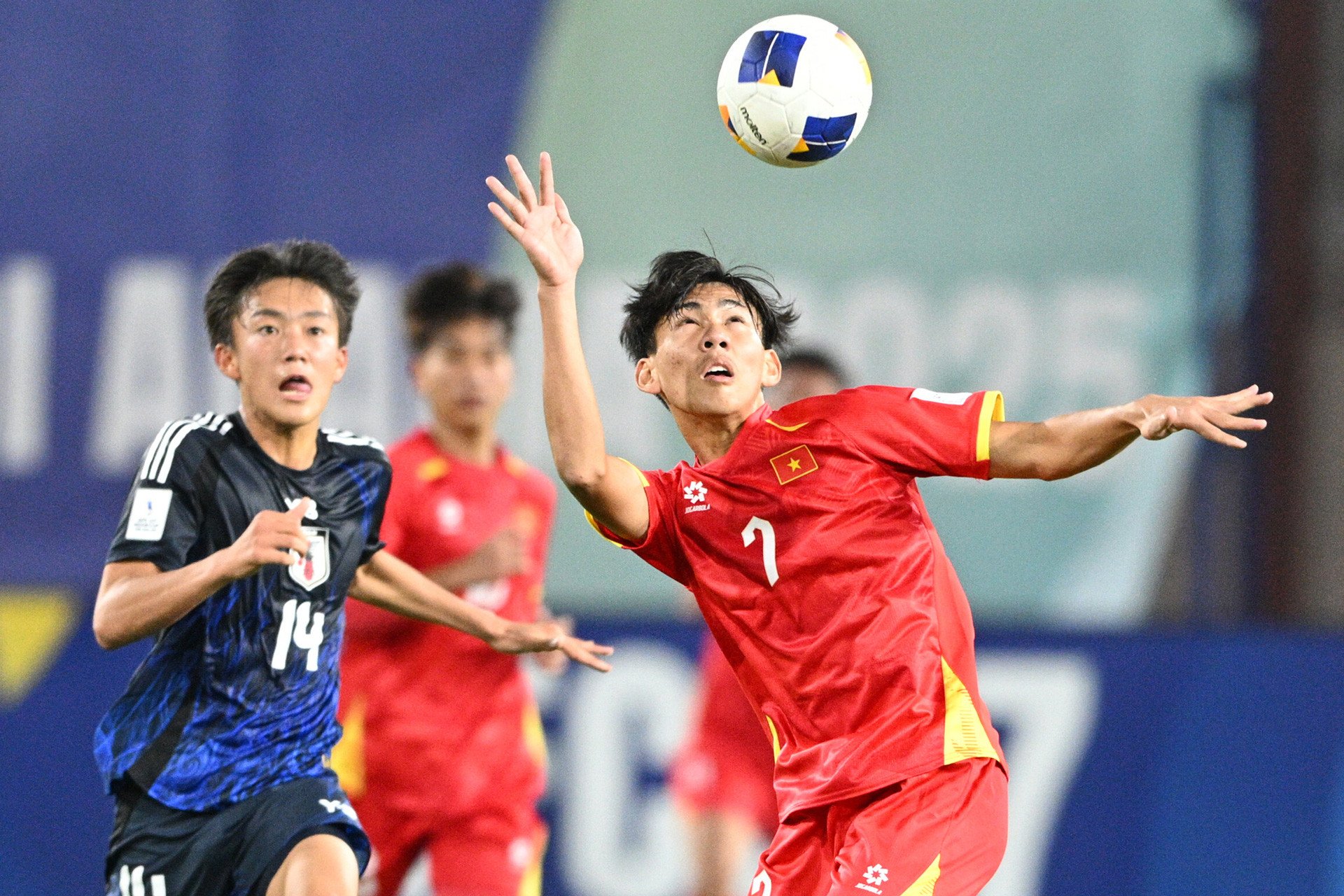
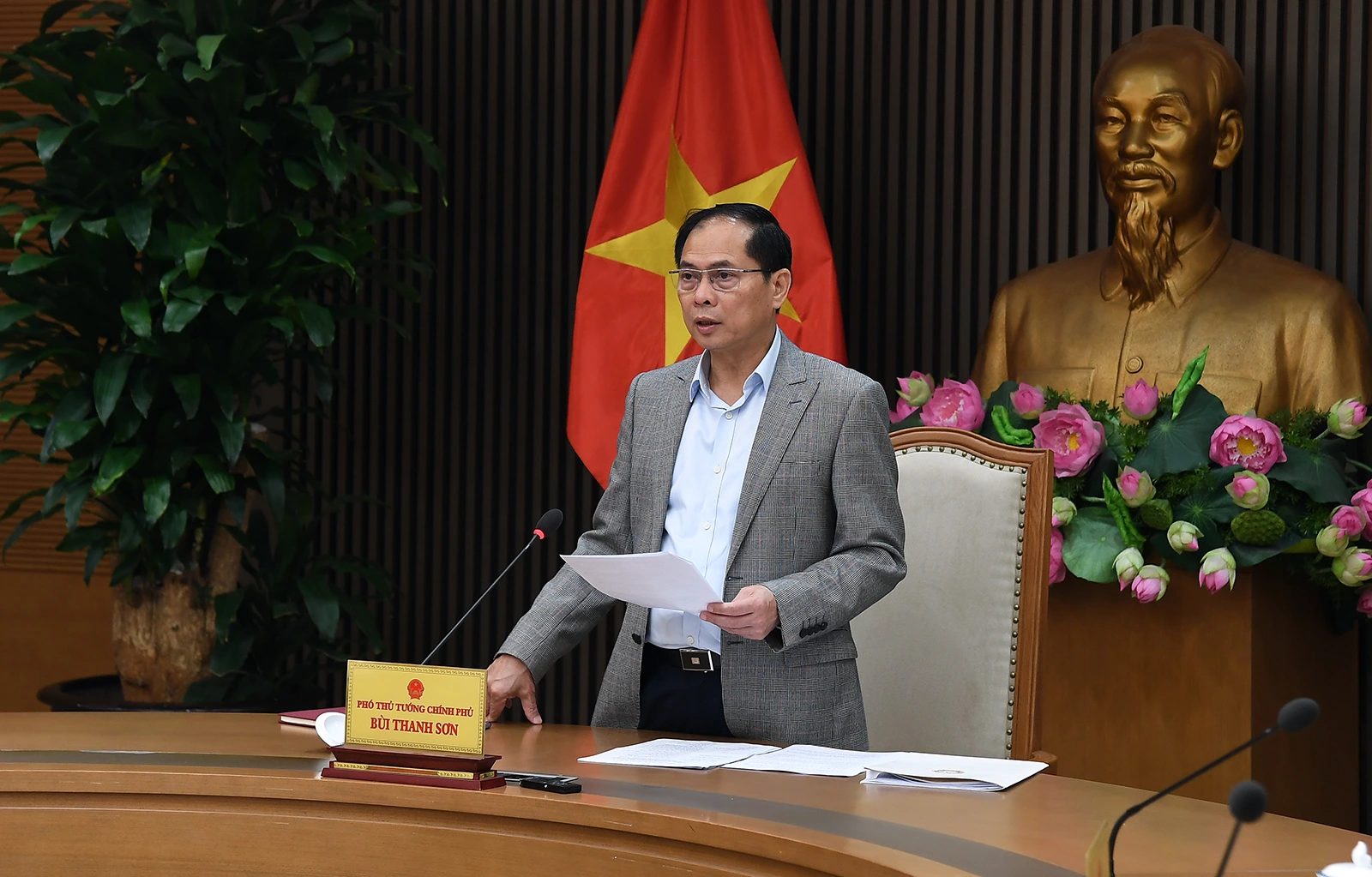









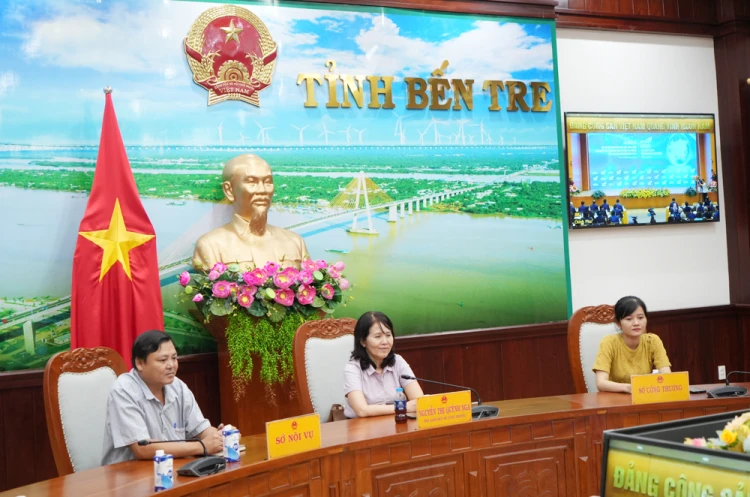
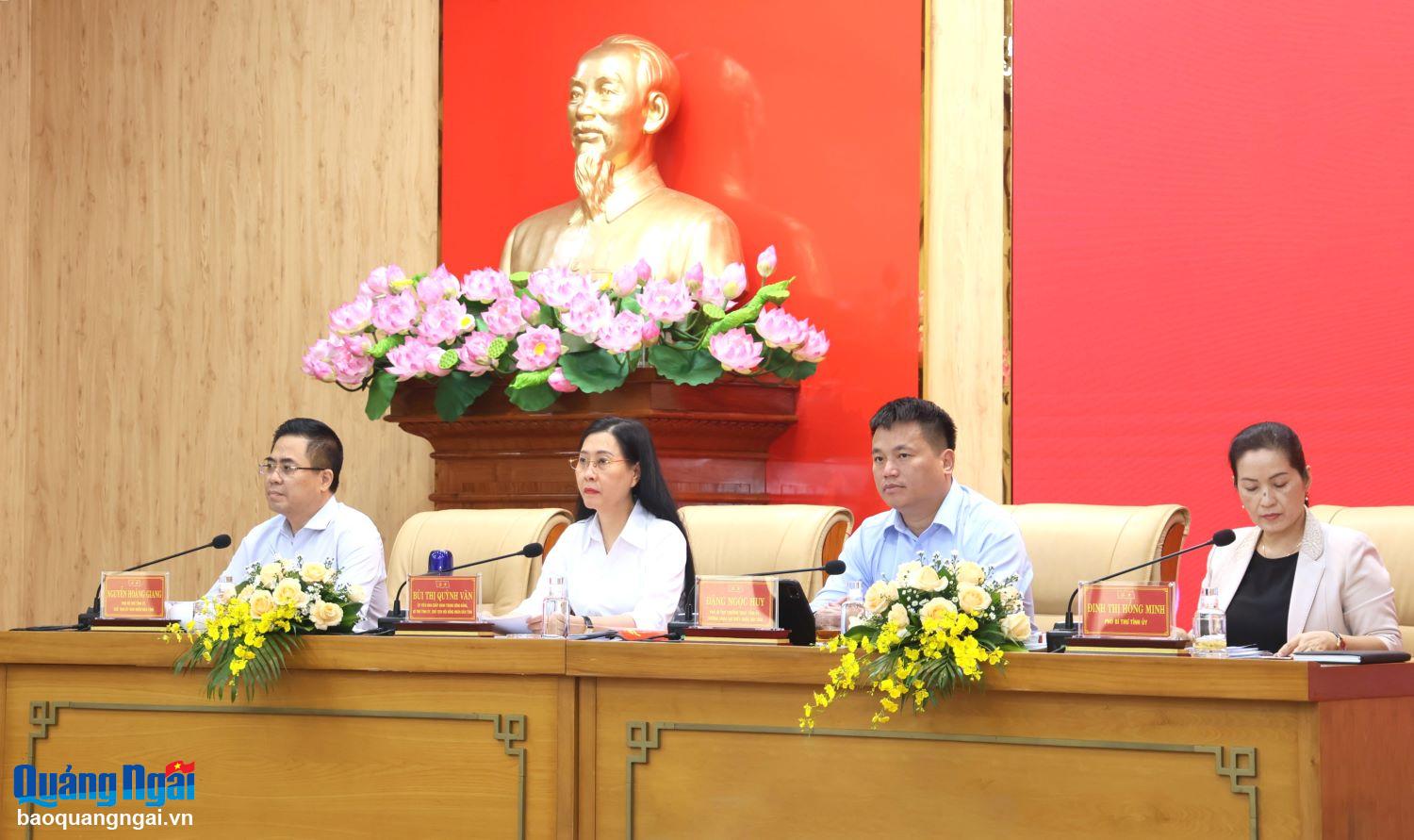
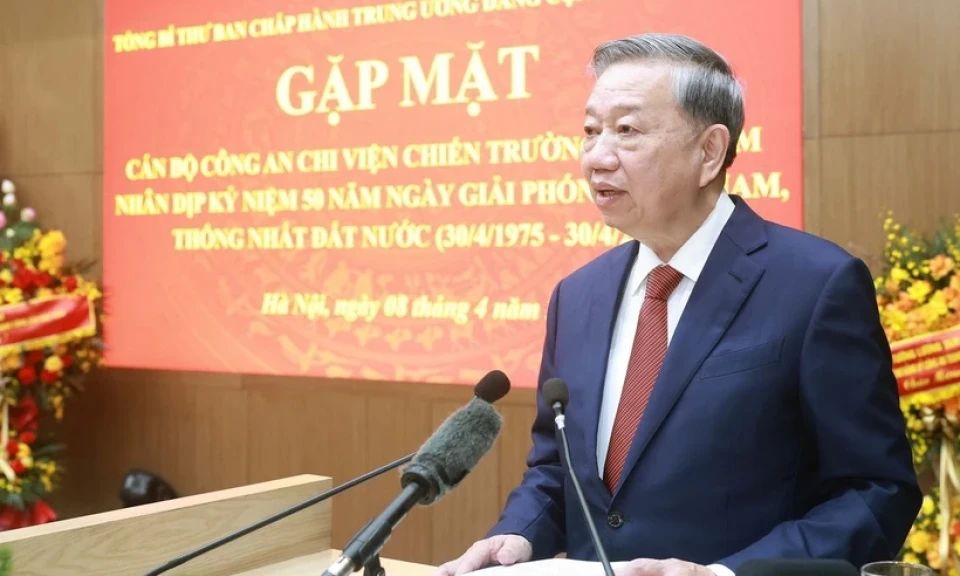
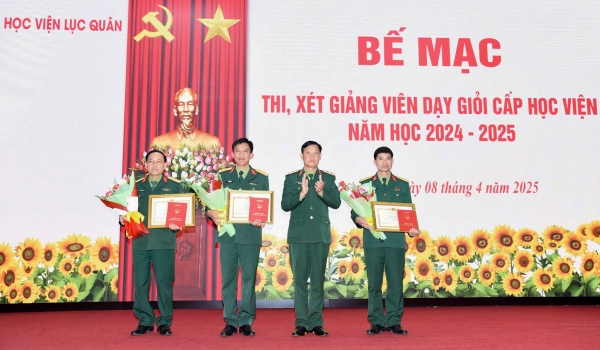
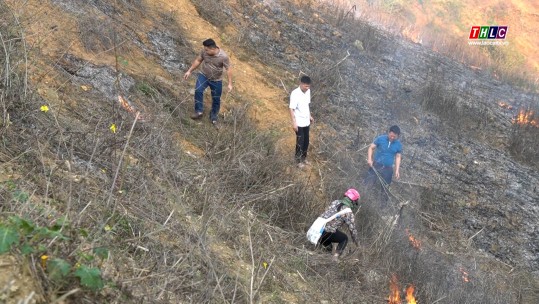
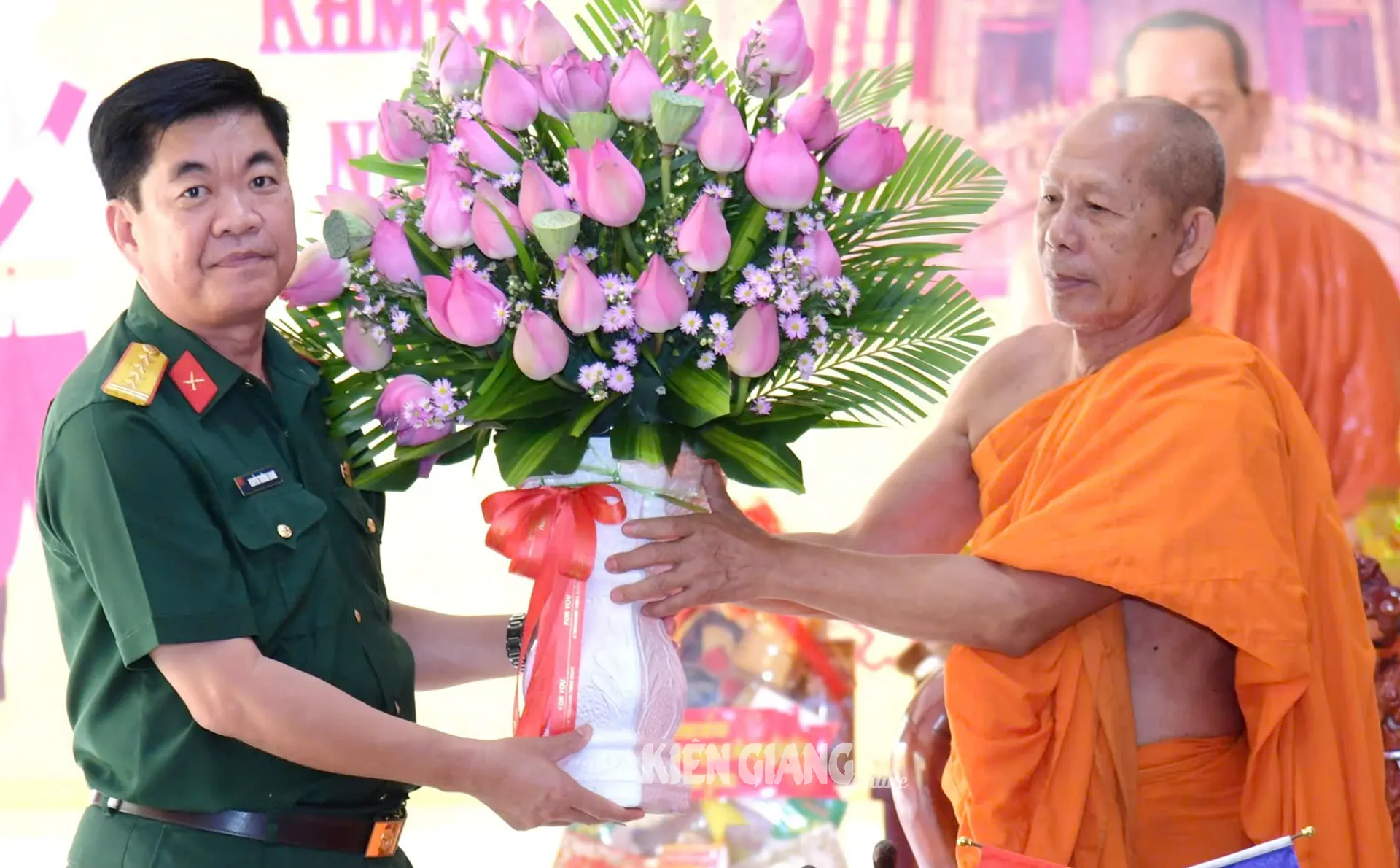






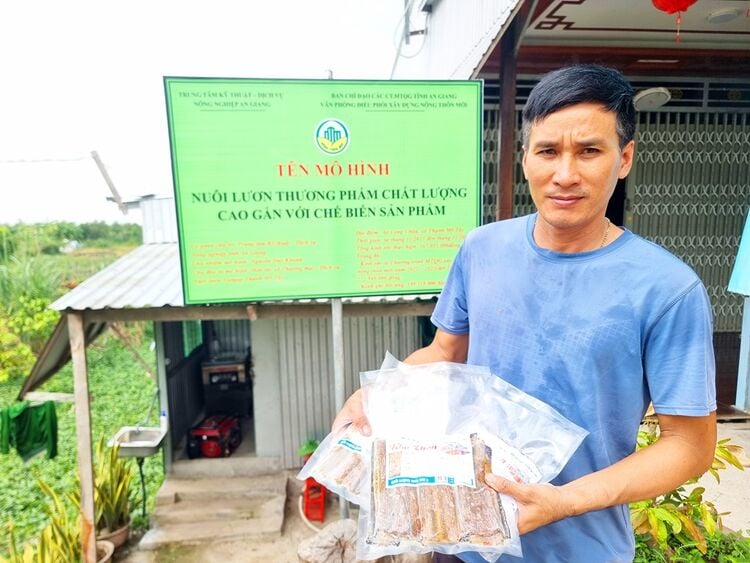
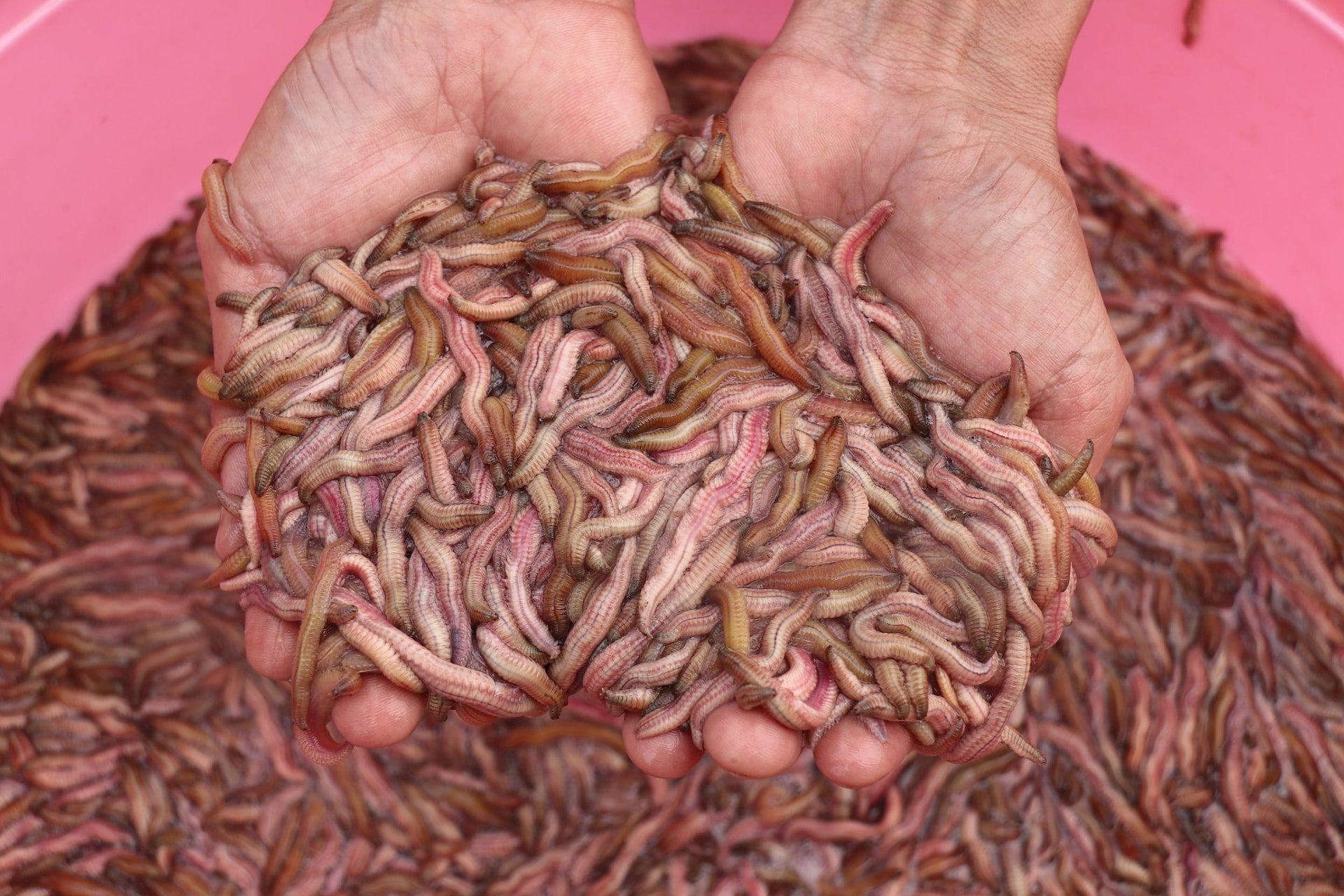
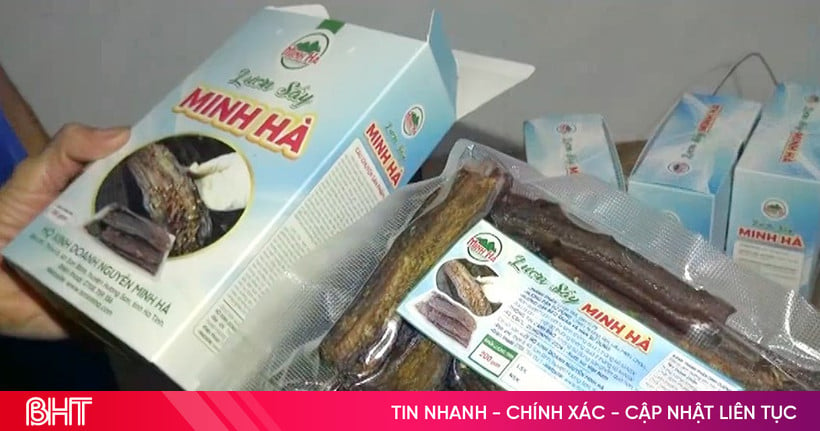

Comment (0)